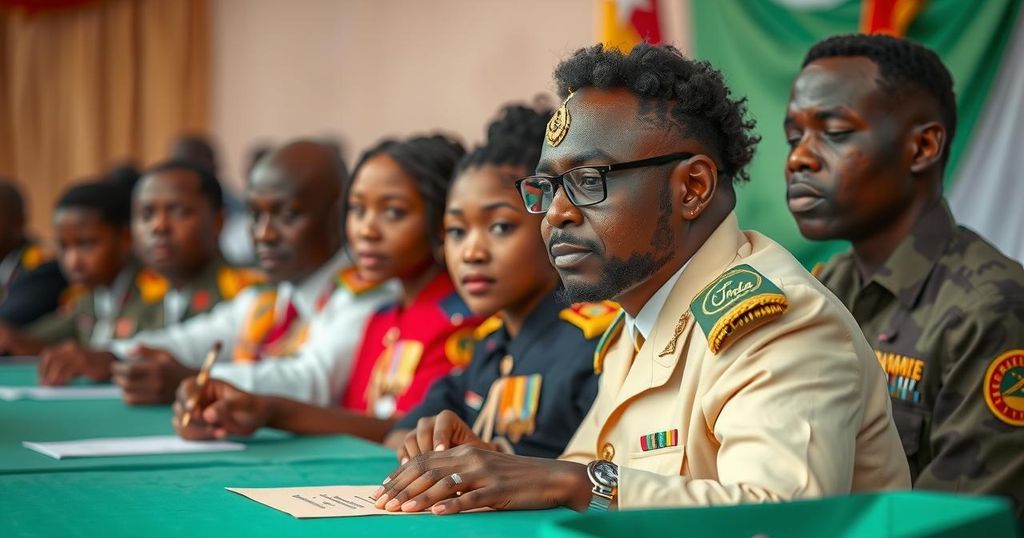Chad Holds Parliamentary Elections Amid Opposition Boycott As Military Rule Concludes
Chad is holding parliamentary and regional elections aimed at ending a three-year military rule, but the major opposition is boycotting the polls. This election is the first in over a decade, following a disputed presidential election won by military leader Mahamat Idriss Deby, who took power after his father’s death.
Chadians participated in a parliamentary and regional election aimed at concluding a three-year transitional phase following military governance. This election, which is the first of its kind in over a decade, faced a boycott from the major opposition parties. It follows a contentious presidential election in which the military head, Mahamat Idriss Deby, emerged victorious. Deby assumed leadership in 2021 after the death of his father and long-time president, Idriss Deby Itno, who ruled for thirty years. Despite the claims of returning democracy, the absence of key opposition voices raises concerns about the legitimacy of the electoral process.
The political climate in Chad has been turbulent, particularly following the death of Idriss Deby Itno in 2021. The subsequent rise of his son, Mahamat Idriss Deby, as the head of a military junta has resulted in a contentious political environment characterized by calls for democracy and governmental reforms. The current parliamentary election marks a critical juncture in Chad’s governance structure, attempting to transition from military rule to a civilian-led government, though such efforts are complicated by the opposition’s decision to abstain from participating in the electoral process.
The recent parliamentary elections in Chad symbolize a pivotal moment in the nation’s political framework, as it seeks to transition from military rule back to democratic governance. However, the boycott by major opposition parties underscores significant challenges in achieving legitimacy and public trust in this electoral process. Moving forward, the ability of the government to engage with dissenting voices will be crucial in establishing a stable political landscape in Chad.
Original Source: www.wdrb.com




Post Comment